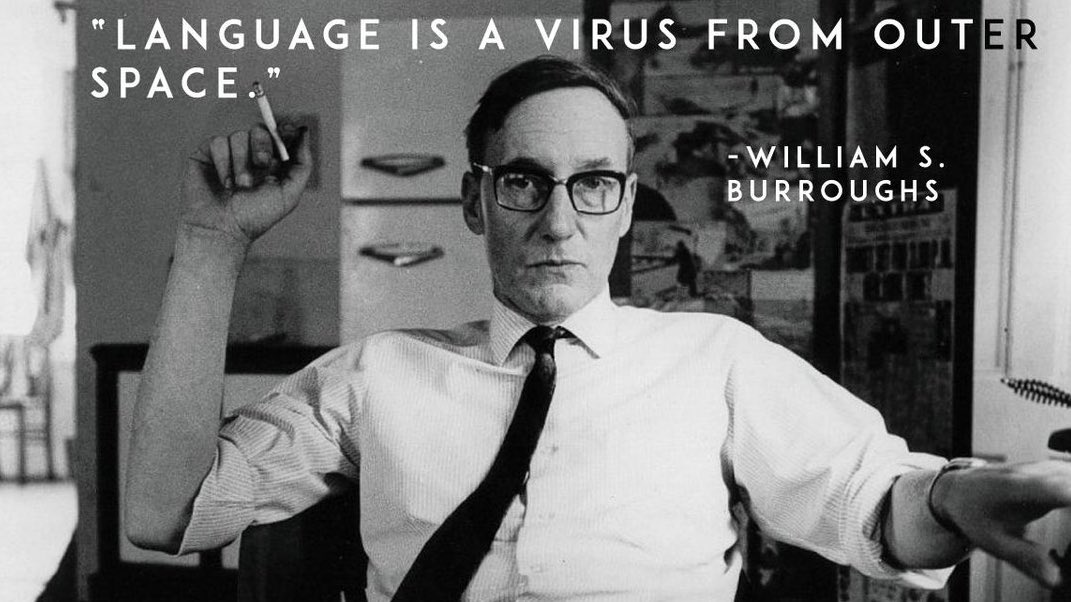1/ So here is a thread on how I turned $32,000 into $1.2m and back to pretty much zero (once taxes are paid).
Just note, I am not bitter or salty in any way at all, the last 2 years have been an amazing ride - travelled the world, been wealthy, been poor.
- Trading (income 1)
- Podcast (income 2)
- Mining (income 3)
- Mining pool (income 4)
- Consulting (income 5)
Yes - all of the above as a one-man army :)
Mining is what busted me most:
- 70 S9s
- 70 DragonMints
The above with setup was like $300k.
Each month digging into my BTC to pay the bills. Finally paying $19k to release from the contract.
Basically paying losses each month with a slowly dwindling balance of BTC.
The good news - I have the podcast which is now generating an income, something a little more reliable
I don't want any donations or sympathy. Sure I regret stuff but I am happy with how it has all played out.
People say don't invest what you can't afford to lose, well don't keep in Crypto profits which will change your life.
It is one of the reasons I have sympathy for maximalism, all these tokens and coins really are silly.
Viva la Bitcoin!
https://t.co/svz7sQS9Yy
If you want to start a side gig, there are so many tools to help you get started. Here are a bunch of my favs.
— Peter McCormack [Jan/3\u279e\u20bf \U0001f511\u220e] (@PeterMcCormack) December 13, 2018
Feel free to add to or critique.
With the tools listed in this <thread>, I reckon you can start an online business for less than $100 a month.
Cont...
More from Life
As a dean of a major academic institution, I could not have said this. But I will now. Requiring such statements in applications for appointments and promotions is an affront to academic freedom, and diminishes the true value of diversity, equity of inclusion by trivializing it. https://t.co/NfcI5VLODi
— Jeffrey Flier (@jflier) November 10, 2018
We know that elite institutions like the one Flier was in (partial) charge of rely on irrelevant status markers like private school education, whiteness, legacy, and ability to charm an old white guy at an interview.
Harvard's discriminatory policies are becoming increasingly well known, across the political spectrum (see, e.g., the recent lawsuit on discrimination against East Asian applications.)
It's refreshing to hear a senior administrator admits to personally opposing policies that attempt to remedy these basic flaws. These are flaws that harm his institution's ability to do cutting-edge research and to serve the public.
Harvard is being eclipsed by institutions that have different ideas about how to run a 21st Century institution. Stanford, for one; the UC system; the "public Ivys".
You May Also Like
Decoded his way of analysis/logics for everyone to easily understand.
Have covered:
1. Analysis of volatility, how to foresee/signs.
2. Workbook
3. When to sell options
4. Diff category of days
5. How movement of option prices tell us what will happen
1. Keeps following volatility super closely.
Makes 7-8 different strategies to give him a sense of what's going on.
Whichever gives highest profit he trades in.
I am quite different from your style. I follow the market's volatility very closely. I have mock positions in 7-8 different strategies which allows me to stay connected. Whichever gives best profit is usually the one i trade in.
— Sarang Sood (@SarangSood) August 13, 2019
2. Theta falls when market moves.
Falls where market is headed towards not on our original position.
Anilji most of the time these days Theta only falls when market moves. So the Theta actually falls where market has moved to, not where our position was in the first place. By shifting we can come close to capturing the Theta fall but not always.
— Sarang Sood (@SarangSood) June 24, 2019
3. If you're an options seller then sell only when volatility is dropping, there is a high probability of you making the right trade and getting profit as a result
He believes in a market operator, if market mover sells volatility Sarang Sir joins him.
This week has been great so far. The main aim is to be in the right side of the volatility, rest the market will reward.
— Sarang Sood (@SarangSood) July 3, 2019
4. Theta decay vs Fall in vega
Sell when Vega is falling rather than for theta decay. You won't be trapped and higher probability of making profit.
There is a difference between theta decay & fall in vega. Decay is certain but there is no guaranteed profit as delta moves can increase cost. Fall in vega on the other hand is backed by a powerful force that sells options and gives handsome returns. Our job is to identify them.
— Sarang Sood (@SarangSood) February 12, 2020
![Peter McCormack [Jan/3\u279e\u20bf \U0001f511\u220e]](https://pbs.twimg.com/profile_images/1524287442307723265/_59ITDbJ_normal.jpg)















